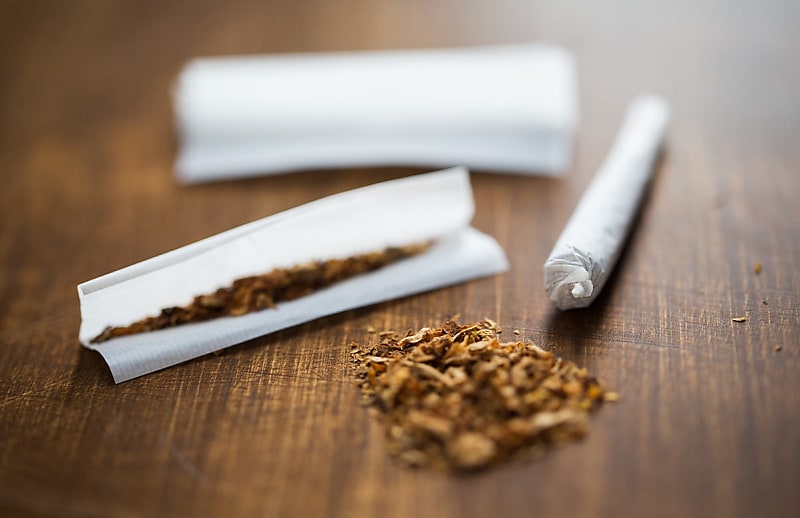ATO continues to ‘burn holes’ in illicit tobacco trade
RegulationThe illicit tobacco trade remains firmly on the ATO's radar, with the Illicit Tobacco Taskforce having already seized and destroyed 4,131kg of illicit tobacco this year.

The ATO has reminded the community that engaging in the illicit tobacco trade is a serious offence which significantly deprives the Australian community of vital funding for health, education and other essential community services.
As of 31 July, the Illicit Tobacco Taskforce, comprising the ATO and a range of other agencies, had already conducted five seizures and destroyed 4,131kg of illicit tobacco this year.
As defined by the ATO, tobacco is illegal when grown, manufactured and produced in Australia without the proper excise licence, even if for personal use.
Tobacco is also illegal if it has been imported into the country without paying the customs duty.
The illicit tobacco trade includes enforcement against the unlicensed production of tobacco plants or leaves, as well as the manufacture of tobacco products.
Illicit tobacco refers to cigarettes, cigars, loose tobacco, tobacco leaves and plant matter.
Despite the production of the substance being illegal in Australia, the ATO has consistently targeted organised crime syndicates since 2018.
The Illicit Tobacco Taskforce (ITTF) was first established on 1 July 2018 to fight organised international and local criminals operating crime syndicates.
The ITTF draws on the capabilities and assistance of the ATO, Australian Border Force, Department of Home Affairs, Australian Criminal Intelligence Commission, Australian Transaction Reports and Analysis Centre and the Commonwealth Director of Public Prosecutions and law enforcement partners.
In the first three years of ITTF’s operations, more than 264 tonnes of illicit tobacco were seized, along with more than 540 million cigarettes with an estimated excise value of over $870 million.
In 2021-22 the ATO estimated the net tobacco tax gap to be 13.1 per cent.
"This equates to approximately $2.3 billion in lost excise revenue, meaning that $2.3 billion was channelled into organised criminal activities."
Organised crime syndicates also target tobacco retailers across Australia to buy and sell illegally grown tobacco, often referred to as ‘under the counter’ tobacco.
“Buying and selling illicit tobacco is a serious tax crime,” the ATO said.
“Retailers choosing to become involved in the illicit tobacco trade not only contribute to the loss of funding for essential community services, but they also gain an unfair advantage over honest businesses who are doing the right thing.”
The ATO encourages the public to understand the signs of illegal tobacco sales in retail stores.
Some of the signs of ‘under the counter’ tobacco include cigarettes, cigars and loose-leaf tobacco missing health warning signs, shops having a strong tobacco odour, customers asking for “cheap cigarettes” and customers leaving a retailer with black plastic bags.
In addition to recognising the signs of illicit tobacco sales, people must also be made aware of the signs of tobacco growth.
“Organised crime syndicates continue to orchestrate these growing operations, sometimes by targeting unsuspecting landowners, attempting to lease land to grow illicit tobacco”, the ATO said.
Some of the signs that land is being used to grow, manufacture or produce illicit tobacco include intense labour production between November and May, people looking for land outside of the area they live in, earthworks along creeks and rivers on private and public land as well as a strong unexplained odour of tobacco in regional areas.
The ATO said with their cross-agency partners, the risk associated with domestically grown and manufactured illicit tobacco products is managed.
“Every crop we seize and destroy burns another hole in the illicit tobacco trade.”




